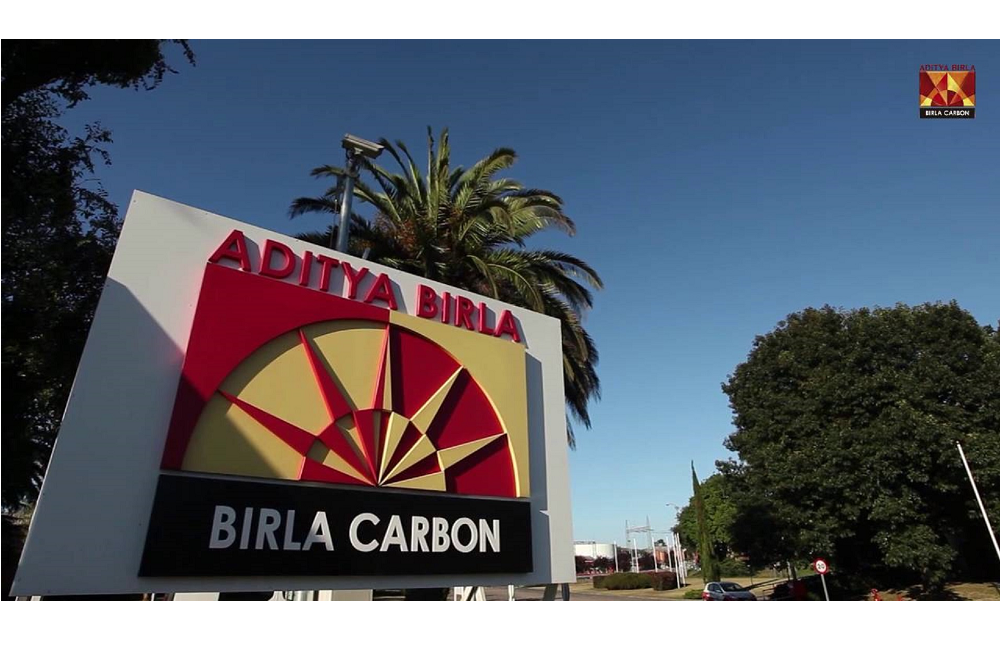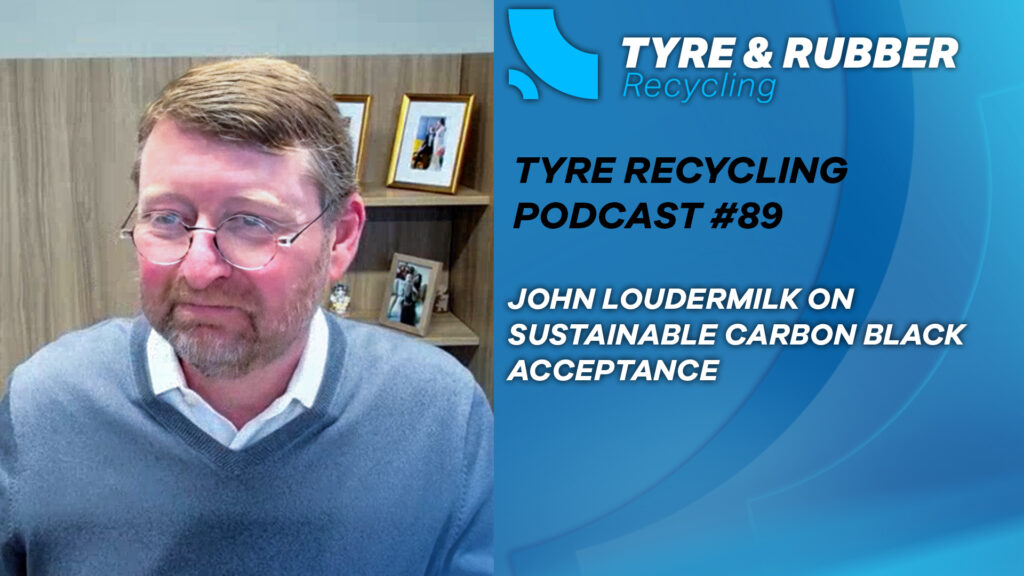The organisers of the 31st ETRA Conference on Tyre Recycling have extended the deadline for abstract submissions to 5 March 2026, providing additional time for industry professionals and researchers to contribute to this year’s programme
The 2026 ETRA Conference
Hosted by the European Tyre Recycling Association (ETRA), the annual conference aims to create a platform for new ideas, open discussion and the exchange of different perspectives from across the tyre recycling value chain.
The 2026 ETRA conference theme, “Tyre Recycling: Is the Future Circular?“, will explore the evolving role of recycled tyre materials in both established and emerging markets, while also highlighting industry priorities and expanding opportunities linked to circular economy principles.
Over 100 delegates from the public and private sectors are expected to attend plenary sessions and focused spotlights that will address key industry trends, funding mechanisms and European Union-supported projects.
The extended open call provides an opportunity to stakeholders involved in research, technological innovation and practical implementation the opportunity to present their work and contribute to wider discussion on the future of tyre recycling.









